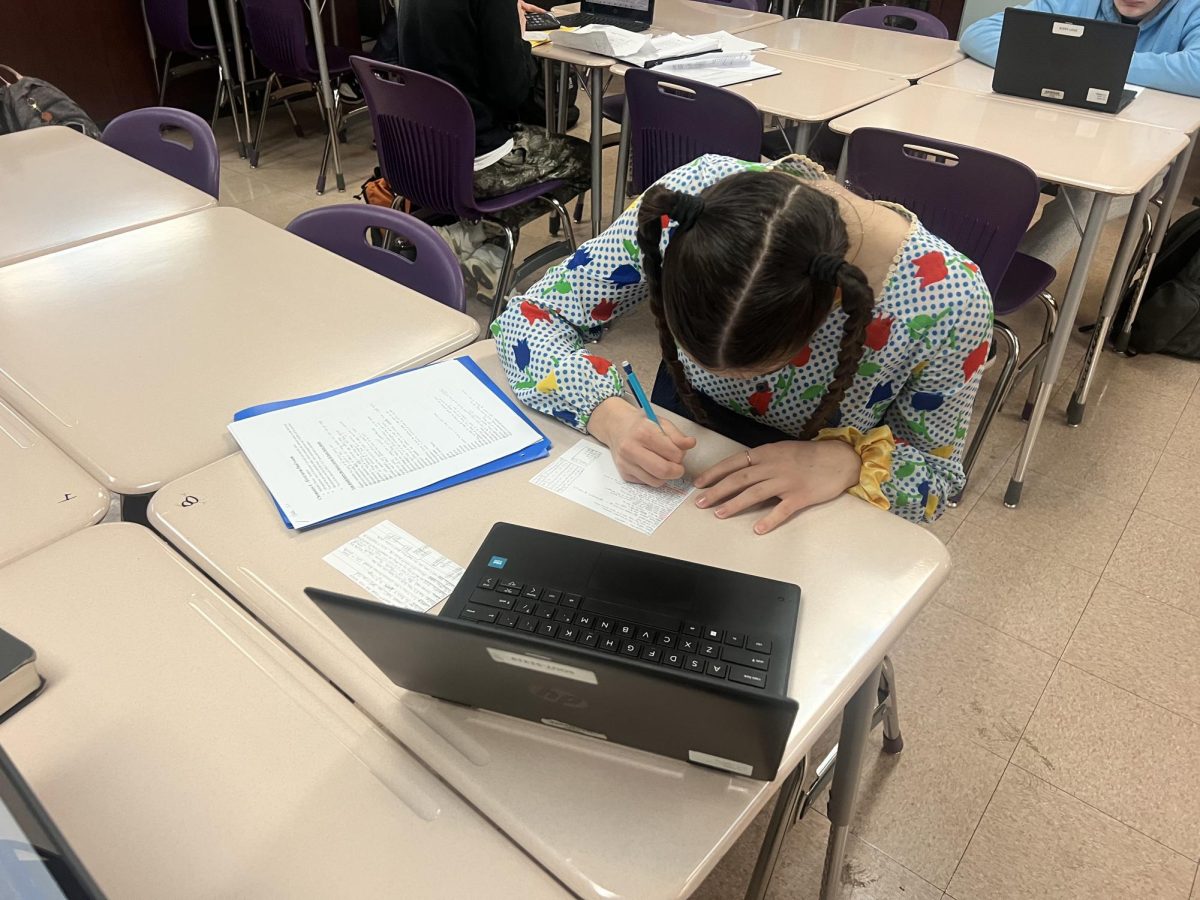In recent years, college sports have been attracting lots of attention from media and fans, making these schools considerable amounts of money in ticket sales alone. However, the athletes aren’t getting any payment to live off of.
In 2017 the NCAA (National College Athletics Association) made over a billion dollars in ticket revenue — but the athletes are getting no compensation for their hard work. Colleges earn up to $1.6 billion from big networks such as ESPN, ABC, CBS and FOX, with an added $5.6 billion dollars from a twelve year deal with ESPN to administer a new televised college football playoff system – not including the 100+ million dollar sports apparel deals with Nike- but decide not to pay the people that keep them in business. According to a bestcollege.com article by Mark J. Drozdowskil, college athletic programs collected a total of $14 billion in 2018 not including the broadcasting deals or apparel sponsorships that made over $7 billion more. Drozdowski also mentioned that the average scholarship for a college athlete is only around 18,000 dollars and only one percent of college athletes actually get a full scholarship.
Even though the NCAA is making this much money off of athletes they still do not allow colleges to pay their athletes or sell merchandise and refuse to pay athletes themselves. With payment or at least endorsement deals there would be more incentive for athletes to work harder, improve themselves and their skills. The payment restrictions for brand deals with star college athletes seem pointless since it would really only do good for everyone involved. It would help the players with payment and could help fund the college’s sports program if the college took a share of the money.
College athletes are practicing and playing the same amount of time that many students spend at a full time job. The average division one athlete spends 35 hours a week doing their sport. These job-like hours leave college athletes with less time to study and no time to have a job on the side.
Many star running backs and wide receivers from D1 college football programs around the US are valued at around a million dollars by the NCAA and Business Insider, yet none of them are not getting paid for all of their hard work. Many of these incredible athletes come from poorer backgrounds, and a way to support themselves and their families could be very beneficial. It isn’t fair that colleges and the NCAA are making billions of dollars from college sports while the actual athletes and their families get nothing to live off of.
There are a few downsides to paying college athletes, but the advantages far outweigh them. The first would be that not all college sports programs are profitable — it is mainly D1 schools that make the largest profit from their athletics programs. That means that not all schools could afford to pay all of their athletes, causing an incentive for high school athletes to apply to schools that pay their athletes, while discouraging people to apply to the colleges who wouldn’t pay their athletes.
The last significant con of paying athletes is the problem of exactly which athletes should be paid. Although college sports make billions of dollars a year, it is apparent that only some sports are raking in all of the money. Basketball and football are the largest money makers in the college sports industry which leads many to worry about the logistics of paying more than just star athletes who play football and basketball.
Although college athletes deserve to be paid in more than just scholarship money it seems very unlikely that the NCAA or a college board will be able to create an effective payment system for all athletes in the near future. However, there are some improvements coming. A California law that is supposed to take effect in 2023 allows college athletes to be in ads, market their names and even create monetizable Youtube channels to get a source of income. Although this doesn’t seem like much, this is a small step towards the payment that these talented athletes deserve. I think that if the NCAA allowed this for all college athletes it would really improve some of these athlete’s lives in a huge way.



